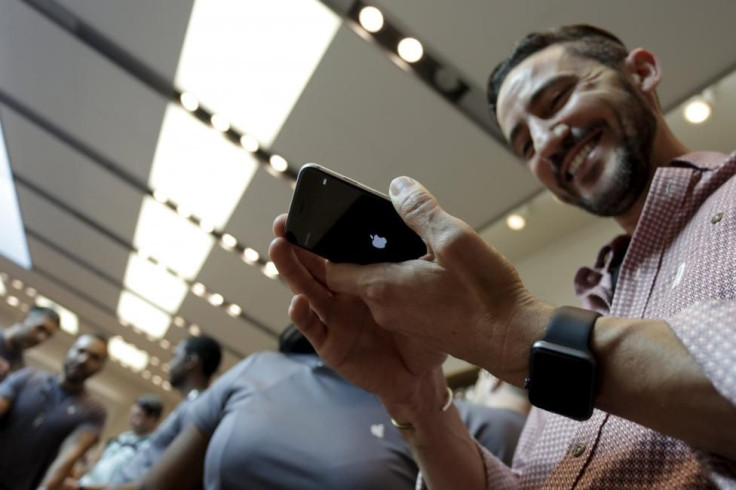Apple remains top smartphone manufacturer; Android gets back on track

The smartphone market is seeing a shift as the company's success may soon mean more about replacement cycles and switching users. Apple and its iPhone series proved to be successful in the United States, while Android is getting back on track. What's in store for future mobile OS platforms?
According to the latest data from comScore, a global media measurement and analytics company, around 78 per cent of mobile subscribers in the United States have smartphones. Furthermore, Apple remains the leading smartphone manufacturer, accounting for as much as 43.4 per cent of the OEM market share. Nonetheless, Android is not far behind as it remains the top smartphone platform, accounting for as much as 52.9 per cent of the market share. Facebook, meanwhile, is the leading individual smartphone app.
A total of 193.9 million people in the United States use smartphones. This means there was around 77.9 per cent mobile market penetration within three months up to October. Apple is still the leading OEM with around 43.3 per cent subscribers, while Samsung comes second with 27.9 per cent. Samsung's market share saw an 0.6 per cent uptick from July. LG and Motorola trailed behind with 9.8 and 5.1 per cent market shares, respectively.
Android is the leading smartphone platform with 59.5 per cent market share for October -- equivalent to an increase of 1.5 percentage points starting July. Apple and Microsoft follow with 43.3 per cent and 2.7 per cent. Blackberry only accounts for 1 per cent. Symbian has been excluded from rankings reports because it did not incur considerable market share percentage.
Apple may have to do more if it wants to keep its leading position as problems with the iOS 9 have plagued the company. The tech giant has been upfront about the problems and it has released the iOS 9.2 update recently. Similar to the iOS 9 release, the iOS 9.2 version offers highly detailed and transparent notes that confirm and address issues raised. These include alarm bug, iCloud issues, email attachment problems and other similar interface issues.
Contact the writer at feedback@ibtimes.com.au, or let us know what you think below.






